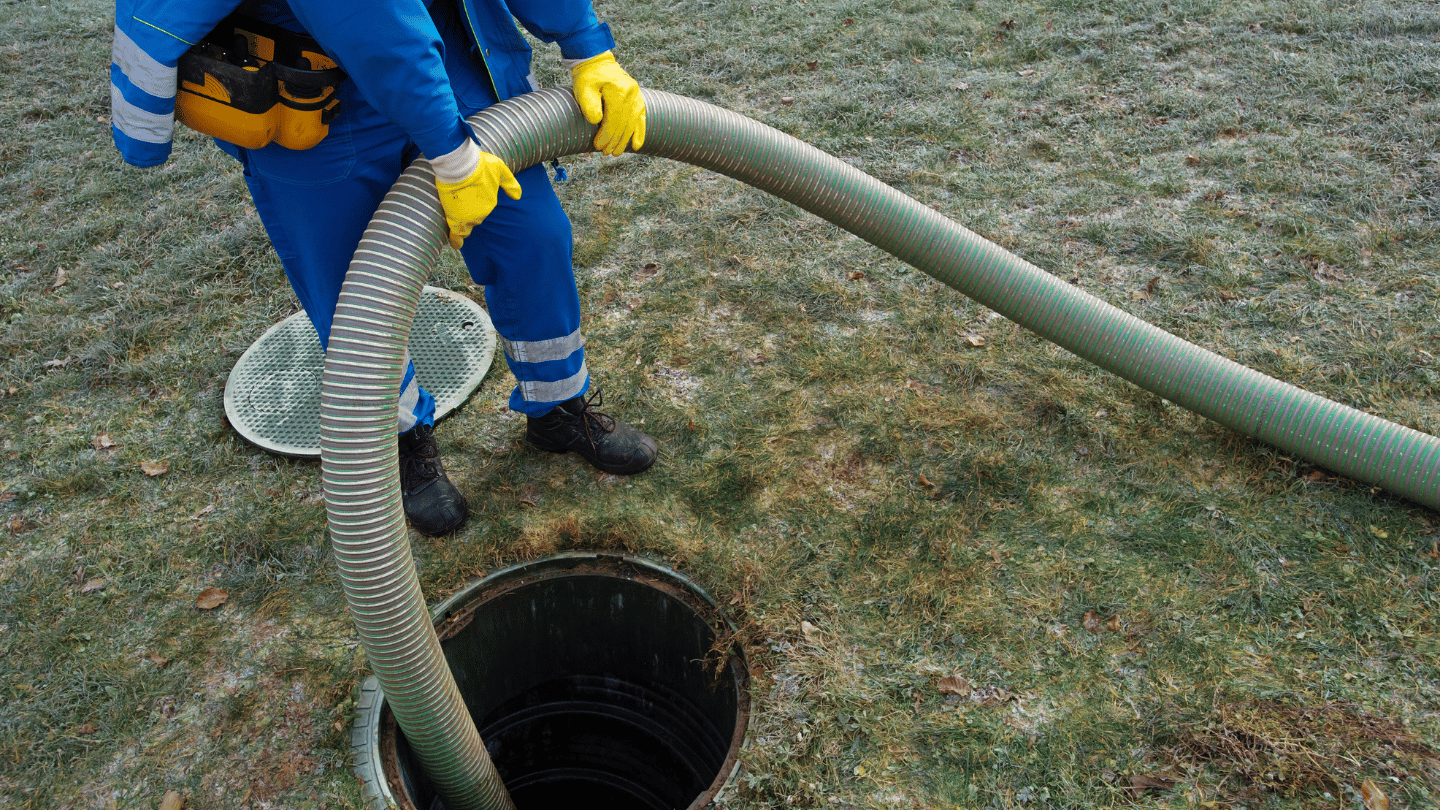How Much Does It Cost to Pump a Septic Tank? An In-Depth Look
Your septic tank is a vital component of your home’s wastewater management system. Regular maintenance, including routine pumping, is crucial to ensure that the system remains effective and avoids unexpected issues. But one common question many homeowners have is: "How much does it cost to pump a septic tank?" This blog post aims to answer that question, focusing on the costs and the importance of regular maintenance.

Why Pumping Your Septic Tank Is Essential
The septic tank, a large underground chamber, collects and treats the wastewater from your home. Over time, solid waste settles at the bottom, forming a sludge layer, while oils and fats rise to the top, forming a scum layer. The clear wastewater in between these layers is what eventually flows out to the drain field. If the tank isn't pumped out periodically, the sludge and scum layers will increase in volume and can lead to blockages, backups, or even system failure.
Routine pumping eliminates the accumulated sludge and scum, ensuring that the septic system functions optimally.
Factors Influencing the Cost of Septic Tank Pumping
The cost of pumping a septic tank can vary based on several factors:
- Tank Size: Larger tanks will generally cost more to pump than smaller ones due to the increased volume of waste.
- Location of the Tank: If your tank is hard to access, additional equipment or labor might be required, potentially increasing the cost.
- Pumping Frequency: Regular maintenance reduces the buildup of solid waste. If you've neglected the tank for an extended period, the pumping might be more complicated and costly.
How Much Should You Expect to Pay?
Given these factors, the price for pumping a septic tank can vary widely. However, at First Call Septic Services, we believe in transparent and competitive pricing. Our cost for septic tank pumping is $395. We're committed to providing quality service without any hidden fees. When you choose us, you're not just paying for a service; you're investing in the longevity of your septic system and the health of your property.










